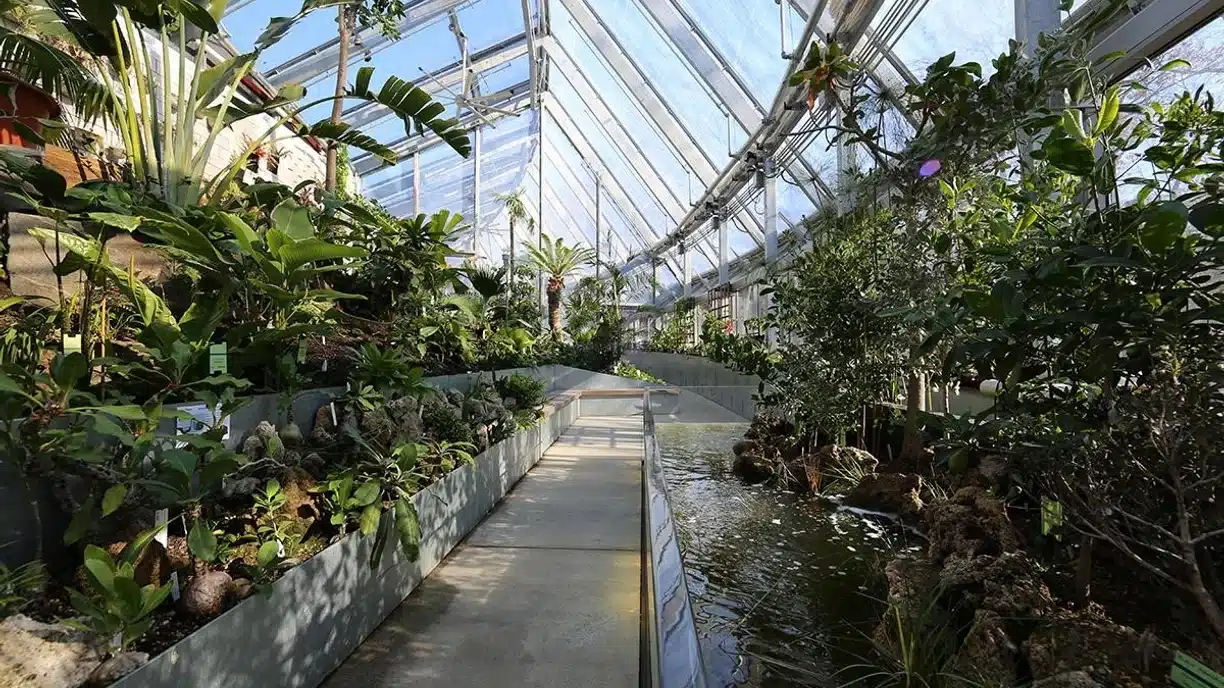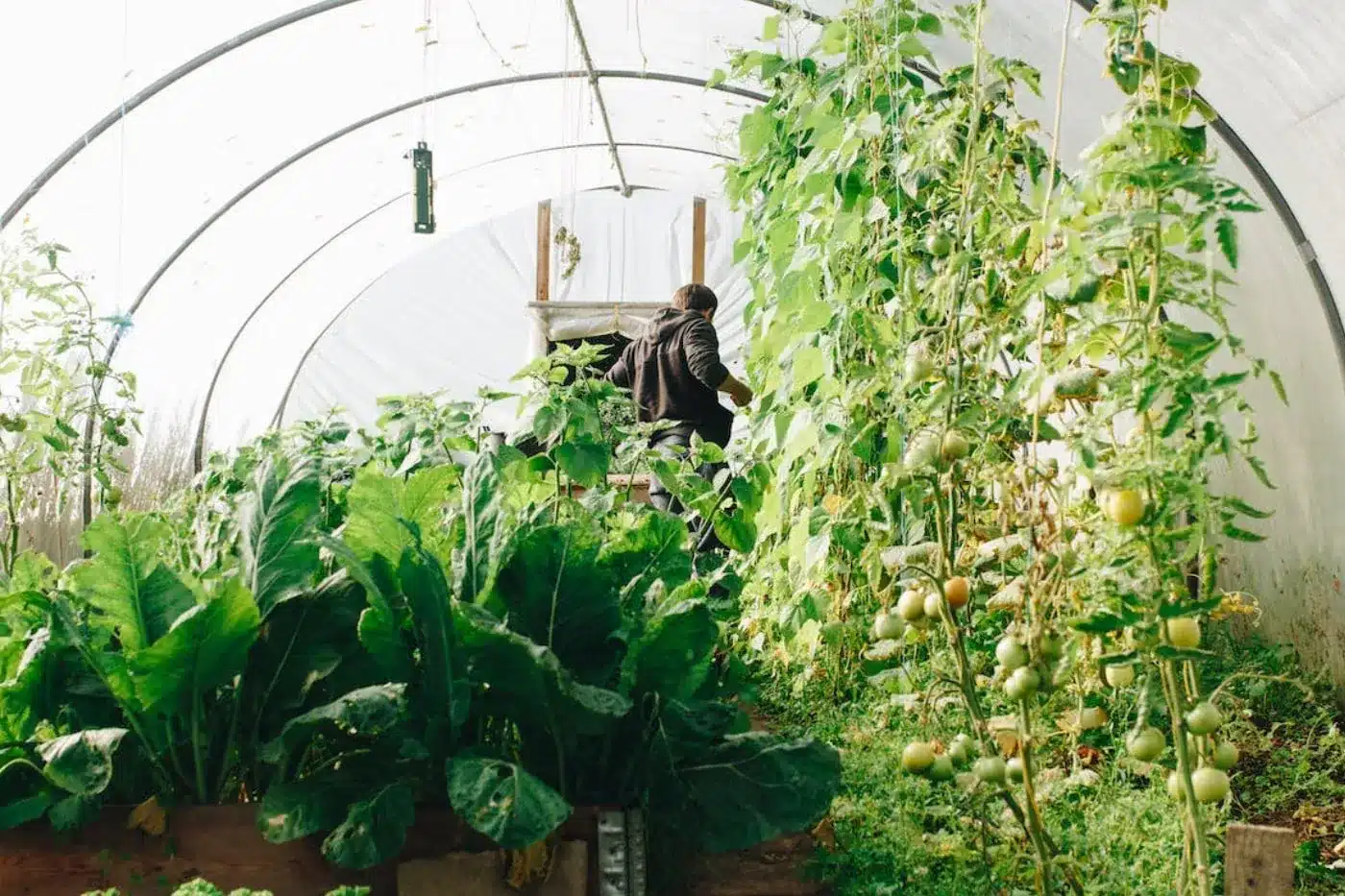State Guide: Buying Greenhouses in Massachusetts
Massachusetts’ climate—with cold winters, warm summers, and variable weather patterns—means unique challenges for farms. The state gets abundant precipitation year-round, but extreme weather like heavy snowfall, intense rains, and frequent droughts disrupt planting schedules, harvest periods, and crop yields.
Are you looking for greenhouses for sale in Massachusetts? Read on before making your purchase.
Massachusetts Climate Overview
Winters
Massachusetts winters are cold and snowy, with temperatures averaging from the low 20s°F in western areas to around 30°F near the coast. Snowfall ranges from 40 to 70 inches annually, with higher amounts in the western hills.
Summers
Summers are warm and relatively uniform, with July temperatures averaging in the upper 60s°F to mid-70s°F. Coastal areas benefit from cooling ocean breezes, while inland regions may experience occasional heatwaves.
Precipitation
Massachusetts receives 45–55 inches of rainfall annually, distributed evenly throughout the year. However, heavy rain events have become more frequent, often straining drainage systems.
Growing Season
The frost-free growing season ranges from 120–200 days depending on location, with shorter seasons in western areas and longer ones near the coast.
Challenges of Growing in Massachusetts
Short Growing Seasons
Frost-free periods vary widely, making it difficult to grow warm-season crops without protection.
Weather Variability
Heavy snowfall, intense rain, and periodic droughts can damage crops and disrupt planting schedules.
Temperature Fluctuation
Late spring and early fall frosts pose risks to sensitive plants, reducing potential yields.
Pest and Disease Pressure
Massachusetts’ mild summers and humid conditions create an ideal environment for pests and fungal diseases.

Benefits of Greenhouses in Massachusetts
- Extending the growing season to enable earlier planting and year-round cultivation.
- Protecting crops from frost, snow, and extreme precipitation.
- Conserving water through efficient irrigation systems.
- Reducing pest and disease pressures by providing enclosed environments.
Best Greenhouse Designs for Massachusetts
Greenhouses in Massachusetts should have heavy-duty frames made of steel or aluminum to withstand snow loads. Double-wall polycarbonate panels provide excellent insulation while enabling light deprivation and diffusion.
The best greenhouse roof architecture for MA farms uses angles, arches, and sawtooth roofing to prevent the strain of heavy snows and to boost natural light, offer ventilation, and save overhead.
Gothic Arch greenhouses are particularly good for heavy snow accumulation since they ease off this weight naturally and reduce structural risks. This cuts the danger of crop loss, downtime, and costly repairs. For other farms, sawtooth roofs improve light penetration and help ventilation for large, commercial greenhouses and farms.
Passive solar heating, combined with supplemental propane or geothermal systems, ensures year-round use. Automated vents and shade cloths help regulate summer temperatures.

Permits & Policies for Massachusetts Greenhouses
Understanding local greenhouse regulations ensures compliance with Massachusetts building codes and zoning laws. Contact your local building department to verify requirements before construction.
| Local Policies | Greenhouse Requirement |
|---|---|
| Agricultural Exemptions | Farmers using greenhouses for agricultural purposes may qualify for zoning exemptions. |
| Building Permits | Structures exceeding certain size thresholds require permits. |
| Municipal Codes | Urban areas enforce stricter codes than rural regions. |
Greenhouse Solutions for Massachusetts Farms
Greenhouses are transforming agriculture across Massachusetts by extending growing seasons and increasing crop diversity. These structures help mitigate environmental challenges unique to the state.
| Growth Challenges | Greenhouse Benefits |
|---|---|
| Short Growing Season | Extend cultivation periods with climate-controlled environments. |
| Harsh Weather | Protect plants from frost, snow, and heavy precipitation. |
| Temperature Swings | Maintain consistent conditions for temperature-sensitive crops. |
| Limited Crop Variety | Enable the growth of tropical and out-of-season plants. |
| Pest and Disease Risks | Reduce exposure to pests and diseases with enclosed environments. |
Best Plants & Crops for Massachusetts Greenhouses
Greenhouses in Massachusetts support a diverse range of crops, from cool-weather vegetables to tropical fruits.
| Plant Type | Best Species |
|---|---|
| Vegetables | Tomatoes, peppers, lettuce, kale, spinach |
| Fruits | Strawberries, blueberries, raspberries, dwarf citrus trees |
| Herbs | Basil, parsley, cilantro, thyme |
| Flowers | Pansies, marigolds, petunias, geraniums |
| Cold-Hardy Plants | Broccoli, cauliflower, Brussels sprouts |
| Specialty Crops | Cannabis (where legal), hydroponic lettuce, exotic plants requiring controlled environments |
FAQ: Massachusetts Greenhouses
A new commercial greenhouse in Massachusetts is an investment. Well-designed greenhouse solutions fit Massachusetts’ severe climate, helping growers beat temperature and weather challenges while advancing sustainable production.
